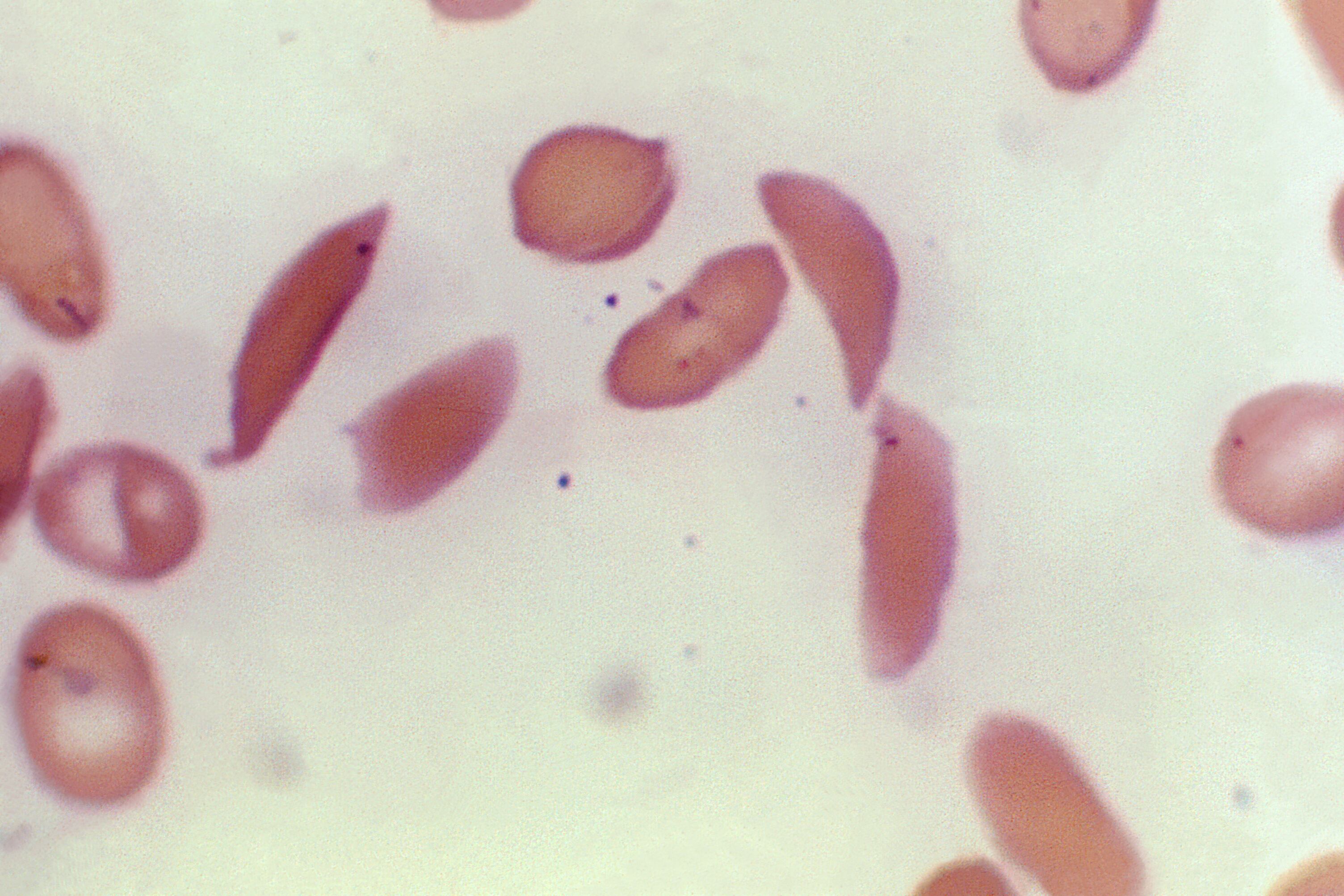The Environmental Protection Agency (EPA) is proposing the nation's first-ever drinking water standard around polyfluoroalkyl substances (PFAS) or "forever chemicals." The rule would establish legal enforceable limits for different types of chemicals common in drinking water.
“Communities across this country have suffered far too long from the ever-present threat of PFAS pollution," said EPA Administrator Michael S. Regan in a news release. "Through this action, the [EPA] is taking a major step to protect public health from PFAS pollution, leveraging the latest science and complementing state efforts to limit PFAS by proposing to establish legally enforceable levels for six PFAS known to occur in drinking water."
The agency recently designated PFAS as hazardous substances under the Clean Water Act. This new rule puts in place specific limits on how much of a given chemical is safe for consumption, and then mandates public water authorities to monitor for their presence and address contamination where it occurs.
Sen. Jeanne Shaheen (D-N.H.) noted that $10 billion from the Inflation Reduction Act will go toward combating contamination by forever chemicals.
"These dollars will be crucial in providing our municipalities with the resources they will need to comply with these new regulations so that together we can prioritize clean water for our communities," she said.
Environmental activist and actor Mark Ruffalo also championed the new rule.
"My message to polluters is simple: after poisoning your workers and neighbors for decades, it is time to make our public health, not your profits, our top priority," he said. "My message to communities devastated by PFAS pollution is equally simple: help is finally on the way.”












